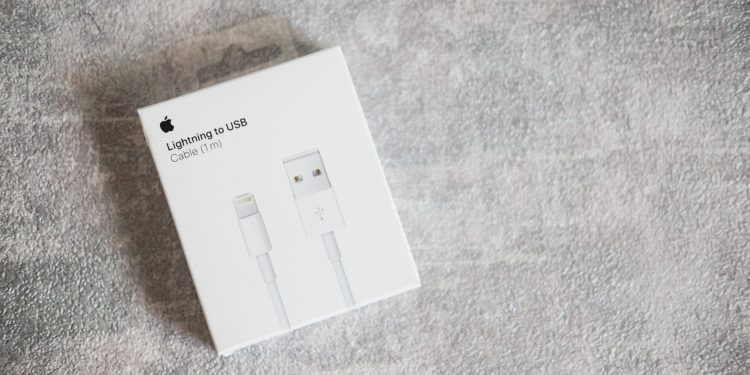Is this the end of Apple's Lightning connector in the EU? The EU continues to fight for the USB-C charging connector to become the standard for portable devices. The Committee on the Internal Market and Consumer Protection wants to set new rules so that consumers no longer need a new charging cable every time they buy a new device.
The European Union has been pushing for all manufacturers to use the same chargers for their smartphones and other devices for more than a decade. EU plans for a formal proposal for new legislation were adopted in January 2022, but needed further support. Now, Members of the European Parliament (MEPs) in the Internal Market and Consumer Protection Committee have voted 43 to 2 to support the proposals - and to significantly improve them.
Charging standard in the EU: The end of Apple's Lightning port?
According to an EU press release, the newly revised proposals include a requirement for "interoperability of wireless charging technologies by 2026". It is not clear what the proposals specifically provide for wireless charging. The Qi standard is already practically universal and is supported by a wide range of products. expressed Alex Agius Saliba said:
With half a billion portable device chargers shipped in Europe every year, generating 11,000 to 13,000 tonnes of e-waste, a unified charger for mobile phones and other small and medium-sized electronic devices would be beneficial for everyone. It will help the environment, encourage the reuse of old electronics, save money and reduce unnecessary costs and inconvenience for businesses and consumers.
The revised proposals include requirements to improve communication with "special labels". The EU also wants the requirements for common chargers and wireless charging to apply to more devices such as laptops and other electronic devices. So far, Apple has been among those who have spoken out against the EU's plans for a common charger. Apple stated in 2020:
Implementation will probably take years
We believe that regulation that forces conformity on the type of connector installed in all smartphones would hinder rather than encourage innovation and would harm European consumers and the wider economy. We hope that the Commission will continue to seek a solution that does not limit the industry's ability to innovate and provides customers with exciting new technologies.
The new vote approved these changes to the existing proposals and the entire package must now be voted on in the European Parliament plenary in May 2022. After that, the Committee on the Internal Market and Consumer Protection says it will be "ready to start discussions with EU governments on the final form of the legislation". The final implementation of the legislation will not take place until the text is finalized and legal challenges are resolved. Implementation will likely take years. The adoption of Micro-USB as a standard in the EU was not fully implemented until USB-C was launched on the market. (Photo by Dontree / Bigstockphoto)





